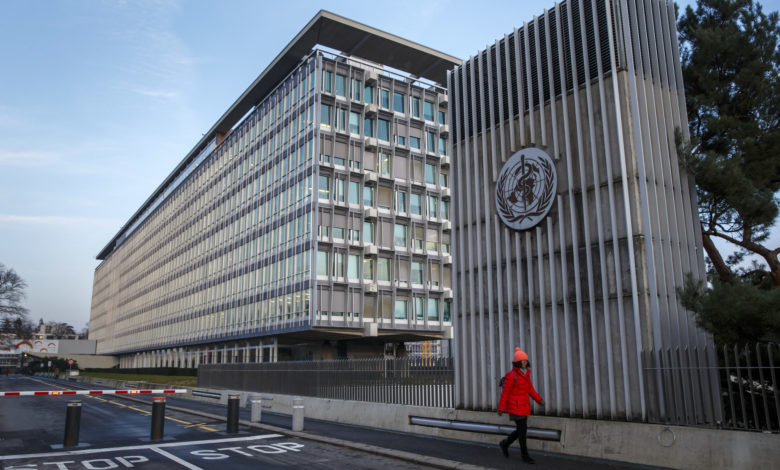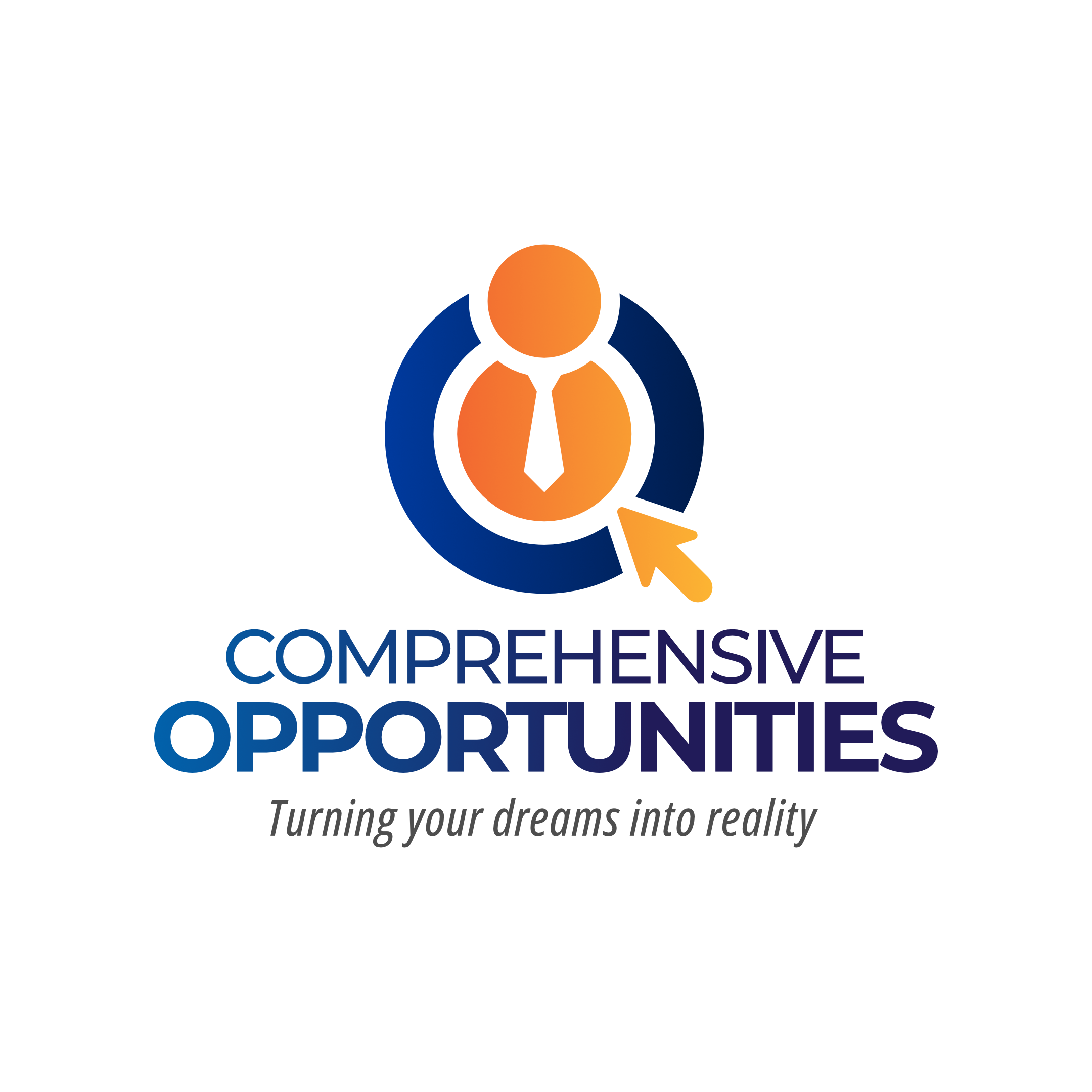
Contractual Arrangement: Fixed-term appointment
Contract Duration (Years, Months, Days): 2 Years
Closing Date: May 2, 2024, 11:59:00 PM
Primary Location: Switzerland-Geneva
Organization: HQ/GBS Governing Bodies
Schedule: Full-time
Background
Founded in 1948, the World Health Organization (WHO) is the United Nations agency dedicated to global health and safety. The Organization connects nations, partners and communities to promote health and serve the vulnerable.
Join Our UN WhatsApp Groups for Updates | Join Our WhatsApp Channel for UN Jobs Updates
DESCRIPTION OF DUTIES
- Provides administrative support, to the preparation of the Health Assembly (WHA), Executive Board (EB), other governing body meetings, and committees and groups established.
- Is responsible for the preparation of special invitation letters to Observers, EB Chair, Vice- Chairs, and keynote speakers, and special guests.
- Responds to queries from Member States, Regional Offices, Permanent Missions, and WHO staff on matters relating to the organization of the meetings.
- Compiles information on regional proposals for Elective Posts and election of new members of the Executive board.
- Prepares WHA documentation related to elective posts: white papers for the meetings of the General Committee, and WHA in session documents for election of incoming EB Members.
- Assists in support of arrangements for the Invited Speakers at WHA.
- Provides general administrative and secretarial support service for the meetings.
- Compiles appropriate reference materials on specific issues, as required.
- Assists in support of the conduct of meetings of the Health Assembly (WHA), Executive Board (EB), other governing body meetings, and committees and groups established, working independently.
- Prepares correspondence to keynote speakers and special guests at these meetings, and follow-up with Permanent Missions or as appropriate.
- Prepares seating plans for governing body meetings, and provides advice and guidance on the seating plans and precedence for high-level meetings of the Secretariat.
- Arrangements for the WHA Opening Ceremony: welcome protocol of guests, arrival arrangements at UN and Assembly Hall, seating plans and precedence on the podium, liaising with appropriate protocol offices, UN Protocol Office, and with Swiss Permanent Mission.
- High-level Welcome: Prepares scenario for the first day of WHA(excluding HLS), seating plans for podium, guests, and Secretariat.
- Liaise with guests or their entourage and follow up on participation.
- Manages several sensitive databases collecting contact details of MOH, MOFA, HOS/Gov, and other high-level government officials.
- Makes sure this information is accessible, up-to-date and shared appropriately.
- Manages OLA outlook mailbox (focal point) and liaises with regional staff, Permanent Missions and others to ensure up-to-date data.
- Briefs, provides guidance, and advises staff on use of OLA database and its functions.
- Liaises with the Legal Office on issues arising regarding communication with Members States, territories and areas.
- Verifies data, identifies errors/problems and resolves in collaboration with Programme Analyst.
- Seeks ways to improve the database together with Programme Analyst.
- Supports relations with Member States:-Prepares formal correspondence with Member States and Permanent Missions for DGO.
- Responds to queries from Permanent Missions and governments.
- Reviews correspondence with MOFA, MOH, Heads of States/Government, and other high-ranking officials for protocol and language.
- Reviews and edits high-level official correspondence addressed to Heads of State/Government, MOFA, MOH, and other high-ranking officials for correct protocol, analyzing context, and letters for technical political implications.
- Provides strategic protocol advice and guidance to HQ staff on the appropriate protocol for official correspondence with Member States and on the most efficient ways to communicate with Member States and high-level officials.
- Updates Guidelines for correspondence addressed to Heads of State/Government, MOFA, MOH, and other high-ranking officials, when needed.
- Provides strategic protocol advice on organizing and managing the reception of high-profile guests and delegations, on precedence in agendas and seating plans, and participants lists.
REQUIRED QUALIFICATIONS
Education
Essential: Completion of secondary school education or equivalent.
Desirable: Higher education is an advantage.
Experience
Essential: Eight years of secretarial or administrative experience, preferably with the Organization, plus at least three years in a more senior administrative support position.
Skills
- Mandatory competencies
- Technical Expertise
- Overall attitude at work.
- The incumbent maintains and updates proficiency in the use of modern office technology through in-house courses, on-the-job training, or self-training.
- He/she keeps abreast of changes in procedures and practices, rules and regulations, and organizational structure in WHO.
- He/she continues the study of correspondence guidelines, WHO Style guide, Rules of Procedure, and Constitution, and particularly changes of procedures/practices related to communications with Member States and changes affecting the preparation and running of governing body meetings.
WHO Competencies
- Teamwork
- Respecting and promoting individual and cultural differences
- Communication
- Producing results
- Knowing and managing yourself
Use of Language Skills
Essential:
- Expert knowledge of English.
- Expert knowledge of French.
About the World Health Organization (WHO)
The World Health Organization (WHO) is a specialized agency of the United Nations that was established in 1948. Its primary goal is to promote international cooperation to improve public health conditions worldwide
1. WHO is dedicated to the well-being of all people and is guided by science
2. The organization works to ensure that everyone, everywhere has an equal chance to live a healthy life
The key areas of focus for WHO include:
- Health Promotion and Disease Prevention: WHO works to promote health and prevent diseases through various initiatives, including vaccination campaigns, health education, and the development of guidelines and policies.
- Emergency Response and Preparedness: WHO plays a crucial role in responding to health emergencies, such as disease outbreaks and natural disasters. It coordinates international efforts, provides technical support to countries, and helps strengthen health systems to better respond to crises.
- Health Systems Strengthening: WHO works with countries to improve their health systems, including governance, financing, staffing, and management. It aims to ensure better access to quality healthcare services and promote universal health coverage.
- Research and Development: WHO supports research and development efforts to address global health challenges. It collaborates with partners to develop new treatments, vaccines, and diagnostic tools.
- Health Equity and Social Determinants of Health: WHO advocates for health equity, addressing the social, economic, and environmental factors that influence health outcomes. It works to reduce health disparities and promote health equity for all.
In addition to its core functions, WHO also provides technical guidance, sets international health standards, and collaborates with governments, organizations, and communities to improve health outcomes worldwide.
It is important to note that the WHO has been at the forefront of the global response to the COVID-19 pandemic, providing guidance, coordinating efforts, and supporting countries in their response and recovery
In summary, the World Health Organization plays a vital role in promoting global health, preventing diseases, responding to emergencies, and improving health systems worldwide. It serves as a platform for international cooperation and collaboration to address public health challenges and ensure the well-being of all people.
Why work at WHO
Working at the World Health Organization (WHO) can be a rewarding experience for individuals passionate about global health and making a positive impact on people’s lives. While I couldn’t find specific details about working at WHO from the search results, I can provide some general insights based on the nature of the organization and the experiences of individuals who have worked there.
Here are some potential reasons why people choose to work at WHO:
- Global Impact: WHO is a leading international organization dedicated to improving public health worldwide. Working at WHO allows individuals to contribute to global health initiatives, address public health challenges, and make a difference in the lives of people around the world.
- Multidisciplinary Collaboration: WHO brings together experts from various fields, including medicine, public health, epidemiology, policy, and research. Working at WHO provides opportunities to collaborate with professionals from diverse backgrounds and contribute to interdisciplinary projects and initiatives.
- International Exposure: WHO operates in multiple countries and regions, providing opportunities for professionals to work in different cultural contexts and gain international experience. This exposure can broaden perspectives, enhance cultural competency, and foster personal and professional growth.
- Cutting-Edge Research and Innovation: WHO is involved in research, development, and implementation of evidence-based policies and programs. Working at WHO allows individuals to engage in cutting-edge research, contribute to the development of global health guidelines, and be at the forefront of public health innovation.
- Networking and Partnerships: WHO collaborates with governments, organizations, and institutions worldwide. Working at WHO provides opportunities to build a strong network of global health professionals, establish partnerships, and engage in collaborative efforts to address health challenges collectively.
- Career Development and Learning: WHO offers training, workshops, and career development opportunities to support the growth and professional advancement of its staff. These resources aim to enhance skills, knowledge, and competencies in key public health areas.
It’s important to note that the specific benefits, application processes, and requirements for working at WHO may vary depending on the position and location. If you are interested in pursuing a career at WHO, I recommend visiting the official WHO website or exploring job portals that list WHO vacancies for more detailed and up-to-date information.
Remember, working at WHO can be highly competitive, and the organization seeks individuals with relevant qualifications, experience, and a strong commitment to public health.




